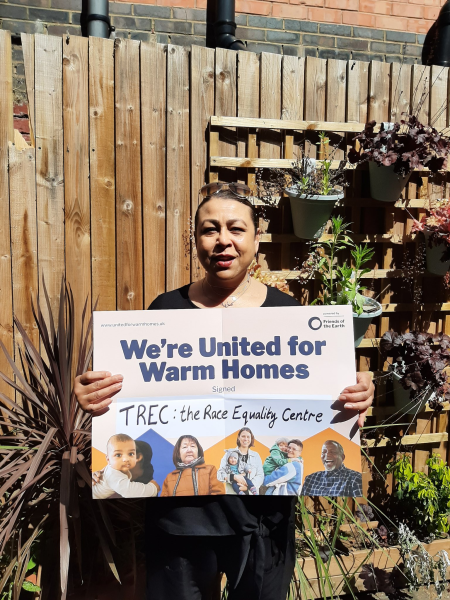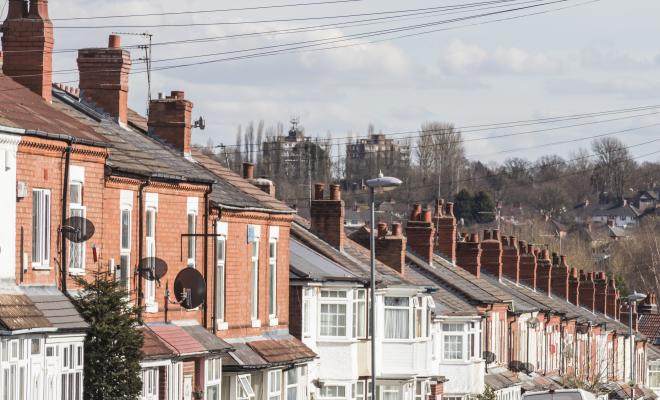05 Sep 2022
Learn how to identify potential partners and secure support for the campaign.
Resources for finding your campaign partners
Community mapping
Within your group, start by researching and mapping out organisations and other community groups in your area who may want to get involved in the campaign.
It’s particularly important to engage local groups and organisations that represent people most impacted by soaring energy bills and the cost-of-living crisis, so that their voices are central to the campaign right from the beginning. This could include food banks, renters’ unions, mutual aid groups or faith groups.
You can also think about local businesses who might want to get involved in the campaign to support their community.
Use our guide to community mapping to get you and your group started.
Make contact
Now you know who you want to contact, work out how you’ll do it.
Decide who'll make contact. Many hands make light work, so divide your contact list up between group members and take advantage of existing relationships where they exist.
Decide how to contact the group. Figure out which online space your target group occupies. If they’ve not got a social media presence, can you find an email address or ask around for an introduction from a mutual acquaintance? Alternatively, if they host regular open meetings, pop along and have a chat in person.
Do your research. A personal approach is much more likely to get a response. Mention something the group has worked on that has impressed you. Show you care about their cause.
Be friendly, clear, and concise. Outline what you’d like to discuss but avoid going in to loads of detail at this stage. Make it clear that you’re equally interested to hear what they’re working on and keen to find out how your group can support.
Present the campaign
If you’ve agreed to meet up (either in person or online), plan what you want to say. Remember, you’re aiming to build a relationship so keep it casual, friendly and open. Here are some pointers on what to cover:
Ask about them. Find out what their group’s working on, what their priorities are and how they work.
Tell them about you. Let them know more about you, what motivates you, and what your group has been working on.
Explain the campaign. Briefly outline what the campaign’s trying to achieve and explain that you’d like to work with other local groups who are committed to supporting people through the cost-of-living crisis and who want to secure a warm home for everyone.
Securing support and working together
Since our campaign launched, groups have secured support from other groups and organisations in their community by asking them to sign our United for Warm Homes partnership declaration. Over 100 local partners have signed our declaration, helping show a united front in communities across the country.
We have now shifted our campaign focus onto winning support from current MPs. You can work with potential partners on this by sharing our Warm Homes postcards with them so they can write messages to local decision makers in support of the campaign.
Working in partnership
We’ve all got different ways of working, so get your partnerships off to a smooth start by following some basic guidelines:
- Involve partners early in planning processes. This will help ensure that ownership of the campaign is shared.
- Partners bring new perspectives, so be open to change. Be ready to listen and adapt how you work, what you’re focusing on, and what activities you run.
- Remember that groups might have different timelines and resources to you. Many services for people experiencing fuel poverty are incredibly stretched, so you might need to be patient. If your group has more resources, then you might need to do more of the background or admin work.
- Consider power dynamics. Your group might be more established or be made up of people who have historically had greater influence due to socio-economic factors. Be aware of your own power and privilege – it’s crucial to ensuring you foster inclusivity within your own group, and in your relationships with others.
- Be a good ally. Don’t just expect them to work on issues you care about. Take the time to support their work, campaigns and connected struggles. Read more about how to show solidarity with others.
Next steps
Once you've found your campaign partners you can start work on planning a kick-off event.

